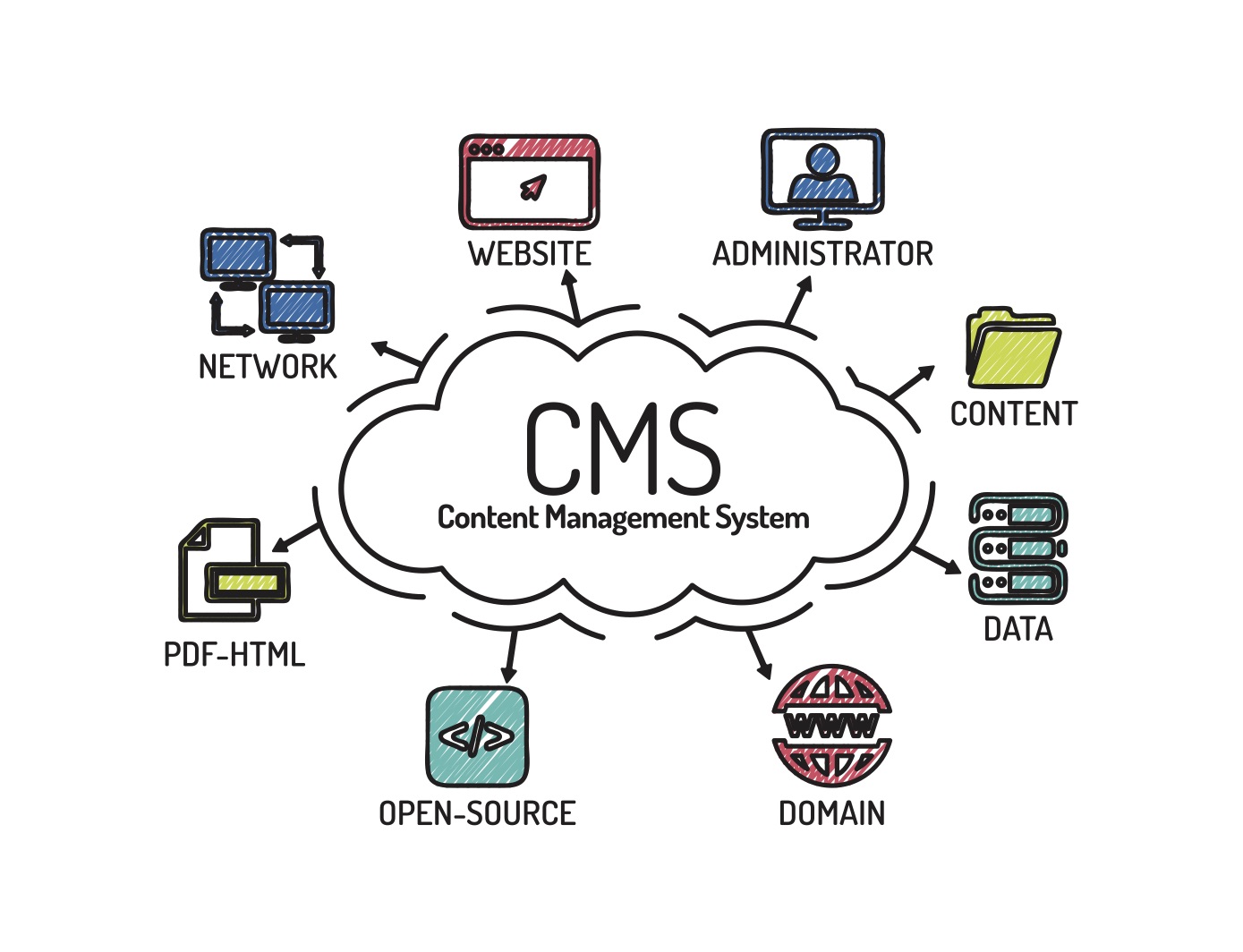Industry jargon is both a blessing and a curse. We use it to streamline our communication within our industries, but sometimes forget that others will not understand what is being discussed because they are not using these terms regularly.
Say your company has hired an agency to assist you in bringing all of your marketing efforts together into a fluid, functional, wonderful new system. Soon you’ll be receiving a shiny new logo, new website, new company name, new everything. You sit down for a meeting to discuss the needs of your company and are now hearing about mood boards, wireframes, CMS, CTA, CPC, SEO…
…And you’re lost. You nod along and think about how you’ll just search these terms later so you understand what in the world this agency is talking about.
We don’t want you to feel lost. We want you to feel prepared before this meeting happens and even before you knew you were due for a rebranding campaign. Therefore, we’ve compiled the ultimate list of industry jargon so we can break these terms down for you one by one.
Each week, we will discuss a term that is frequently used within the marketing industry, explaining the context and importance.
Let’s kick the series off by discussing CMS.
CMS: Content Management System
A CMS is a software application used to store, create, manage and publish content for a website.
Types of Content Management Systems
Content Management Systems vary significantly in application. Some are quite powerful and complex, requiring extensive coding knowledge, while others are a bit more simple to utilize. There are two categories of CMS: Open Source and Proprietary.
Open Source systems are built and maintained by groups of people around the world, which allows for more options within the CMS because more people are contributing. The source code for these systems is available to the public, which means that code can be adjusted as needed for new functionality. Traditionally, Open Source systems require a host for the CMS to live in (GoDaddy.com, for instance) and maintenance is the responsibility of the creator.
Proprietary systems, also known as Closed Source or Hosted, are built and maintained by a single company, which does not allow access to the source code. These CMS types are more generally more simple to use for basic site generation and include hosting. Both categories of Content Management Systems provide solutions depending on the needs of the business.
Open Source
Proprietary
Benefits of Content Management Systems
When using a CMS, content is stored and pulled from a dynamic database rather than embedded in code on a page. What this means is that rather than having site content embedded into individual pages, content is pulled from a database and can be manipulated in a more streamlined manner. You can collaborate within the CMS, make adjustments on the fly and produce a strong website that can be maintained from virtually anywhere.
Database storage also means that content is separate from layout, so you can adjust your content without accidentally changing the design. And, content can be updated in real-time and in bulk rather than making adjustments page-by-page.
Content Management Systems allow for sites to be generated more quickly and maintained more efficiently by marketers. They provide a source for building websites with marketing strategies such as SEO, brand consistency, e-commerce, etc. in mind. A CMS is one of the best applications for collaboration, integration and customization.
In our effort to simplify the complex marketing jargon, our next post will focus on unpacking wireframes and their use in the industry.


